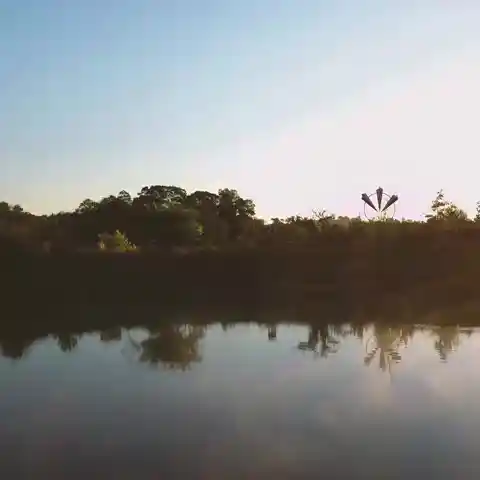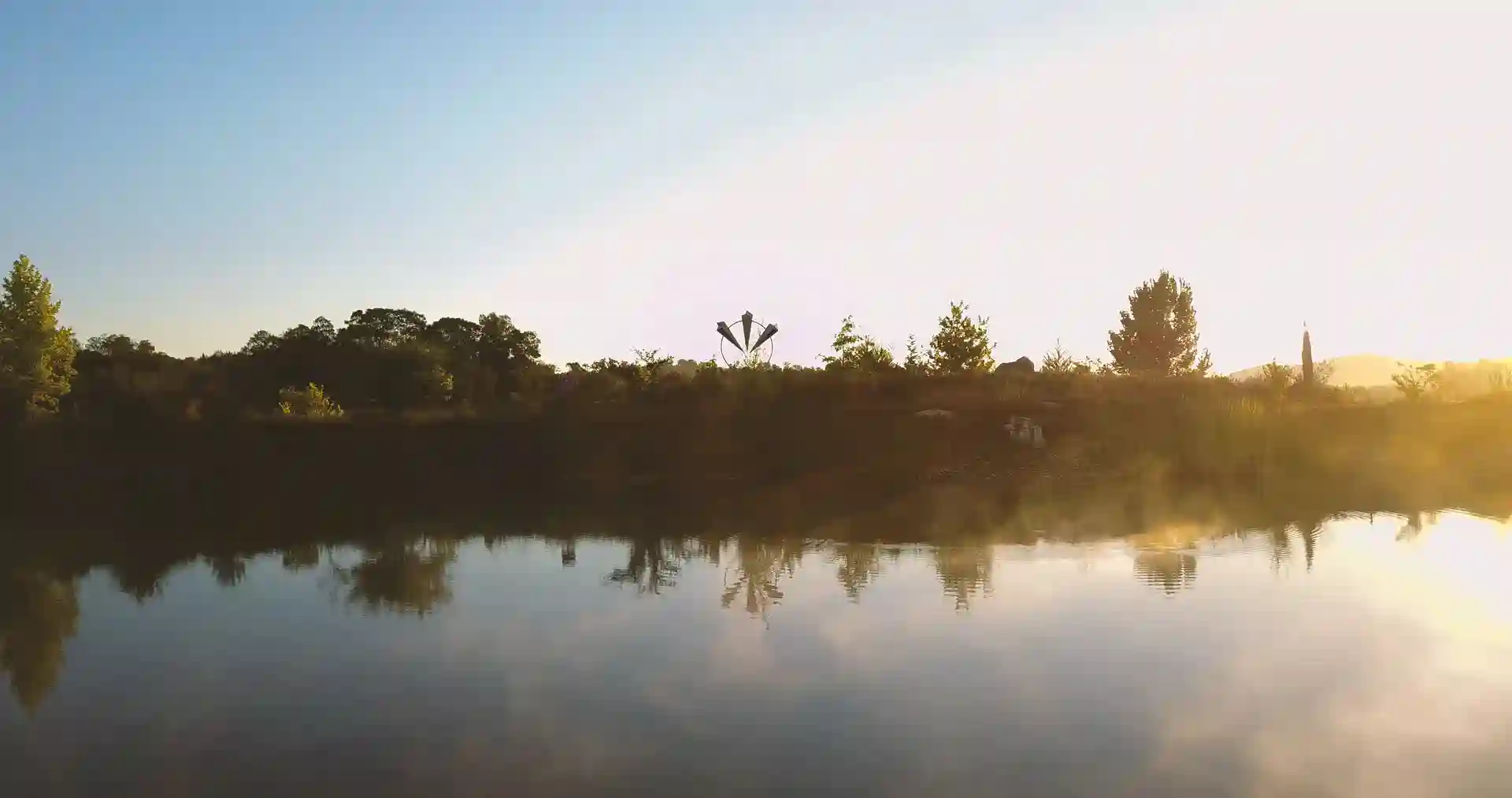Ecology
Our ecological work focuses on the system change from exploitation to cooperation. In response to the ecological catastrophes unfolding on a planetary scale, we’re restoring ecosystems following the New Water Paradigm – by creating Water Retention Landscapes, reforesting and achieving regional food sovereignty through agroecology and seed saving. We’re researching how to collaborate with all beings of nature, restoring the sacred alliance of all life. We take these insights out into the world, promoting a global action plan for climate restoration, building a network of partners and offering education and consultations through our Global Ecology Institute.
“Water, energy and food will be freely available for all of humanity when we no longer follow the laws of capital, but the logic of nature.”
DIETER DUHM
What We’ve Learned
- It’s imperative we change our relation to life – from exploiting to cooperating with nature, from treating the Earth as a dead resource to appreciating her as living and sacred. Ecological crisis and inner crisis are two side of the same coin. We need new social structures of trust to heal humanity’s broken relationship with nature.
- Water is life. The way we treat and move water is fundamental for how ecosystems, the climate and human culture develop. Most global water-related crises, such as water scarcity, drought, desertification, flooding, rising sea levels and climate change, are symptoms of long-term mismanagement of rainwater and vegetation, resulting in global disruptions to natural water cycles.
- The New Water Paradigm is a paradigm of natural water management. Moving water in a natural decentralized way offers a holistic response for restoring ecosystems and the climate. By locally retaining rainwater and reforesting, free access to water is possible and desertification can be reversed globally. This is the core idea of the Global Action Plan we promote.
- What water is to nature, love is to humanity. By healing water we restore nature, by healing love, we dissolve our capacity for violence. Water can serve as a teacher for learning love and reconnecting to life, as both water and love follow similar principles.
- Given the damage we’ve done to the Earth, sustainability is no longer enough. For truly healing ecological work, we must follow regenerative design principles, working in cooperation with nature, leading to a regenerative human existence on Earth.
- Using natural farming, seed saving and permaculture design principles, we can regenerate the soil and achieve regional food and seed sovereignty.
- We can collaborate with all beings, even the ones we considered “pests,” on healing this planet. For this, we must learn to speak with and not just about them.
- In a healthy, integrated biotope, there’s no more waste if we understand how to participate in the circular cycles of nature in a regenerative way.
- Decentralized water, food and energy systems are interconnected, and can provide independence from global supply. Autonomous decentralized regions and exchange among these regions will be central features of a regenerative and nonviolent future world.

